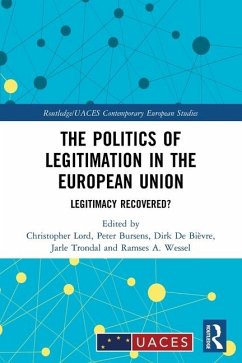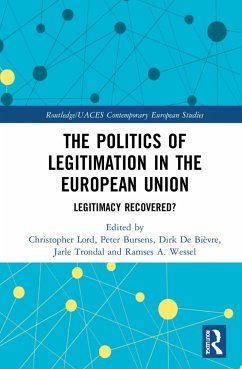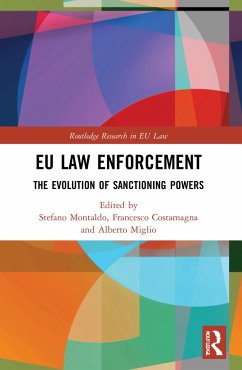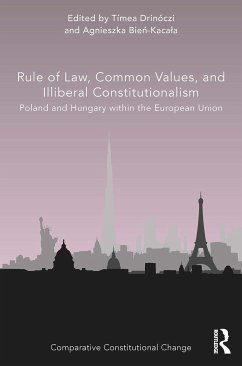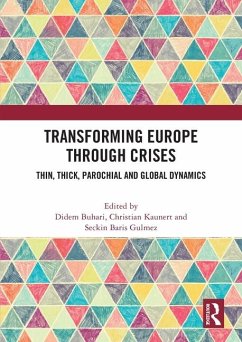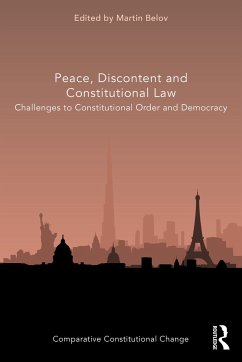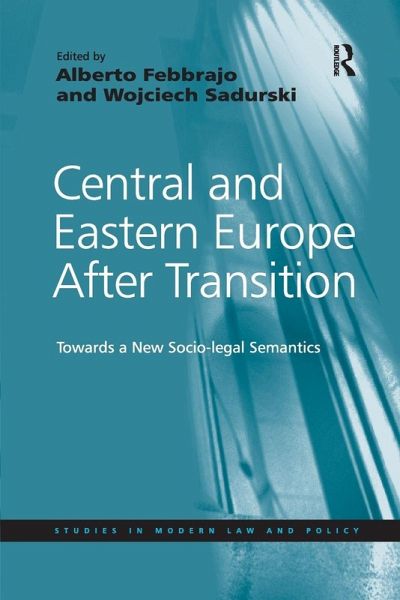
Central and Eastern Europe After Transition
Towards a New Socio-legal Semantics
Herausgegeben: Febbrajo, Alberto
Versandkostenfrei!
Versandfertig in 6-10 Tagen
56,99 €
inkl. MwSt.
Weitere Ausgaben:

PAYBACK Punkte
28 °P sammeln!
How have national identities changed, developed and reacted in the wake of transition from communism to democracy in Central and Eastern Europe? Central and Eastern Europe After Transition defines and examines new autonomous differences adopted at the state and the supranational level in the post-transitional phase of the post-Communist area, and considers their impact on constitutions, democracy and legal culture. With representative contributions from older and newer EU members, the book provides a broad set of cultural points for reference. Its comparative and interdisciplinary approach inc...
How have national identities changed, developed and reacted in the wake of transition from communism to democracy in Central and Eastern Europe? Central and Eastern Europe After Transition defines and examines new autonomous differences adopted at the state and the supranational level in the post-transitional phase of the post-Communist area, and considers their impact on constitutions, democracy and legal culture. With representative contributions from older and newer EU members, the book provides a broad set of cultural points for reference. Its comparative and interdisciplinary approach includes a useful selection of bibliographical resources specifically devoted to the Central Eastern European countries' transitions.





